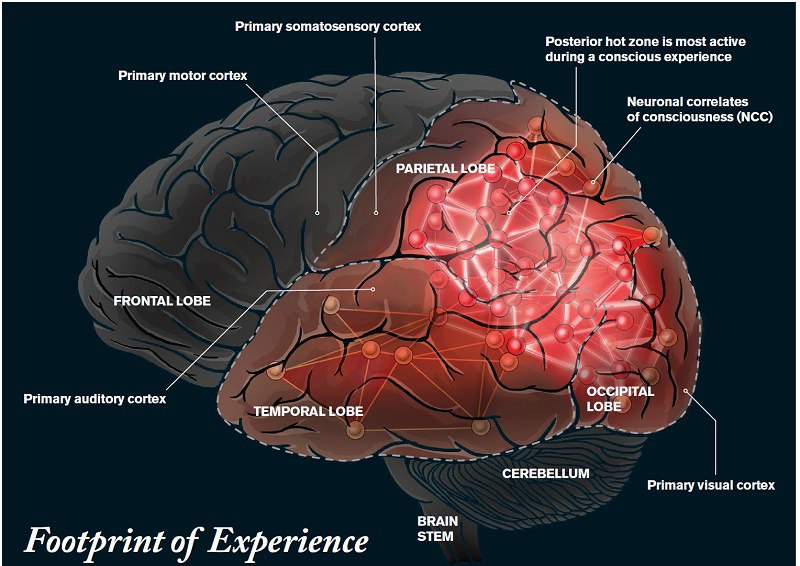What is self-awareness or consciousness?
Neurosafari Scientists are beginning to uncover mysteries that have long baffled philosophers. “Christoph Koch”
Consciousness is actually everything that you experience. The whispering in your head, the sweet taste of creamy chocolate, the toothache that bothered you, your intense love for your children and knowing the bitter truth that one day all these feelings will disappear.
According to the report of Neurosafari from the journal Nature, the origin and nature of these experiences, which are sometimes referred to as qualia [1], have been a mystery since ancient times. Many modern philosophers of mind, perhaps most prominently Daniel Dennett of Tufts University, see the nature of self-consciousness as an intolerable affront to their beliefs. Believing in qualia sees the world as meaningless and absurd and defines it as an illusion. In this way, they either deny the existence of qualia or make arguments that cannot be investigated scientifically.
If these claims are true, this article will be very short. All I have to do is explain why you, I, and everyone else are convinced and believe that we always have feelings. If my tooth has an abscess, a sophisticated argument that can convince me that the pain is an illusion and not real cannot alleviate my pain. As someone who has very little interest in these promising arguments about the problems of the mind and body, I have to get down to business and look for answers to these questions.
The majority of researchers accept consciousness as a given and seek to understand its relationship with the objective world described by science. More than 25 years ago, Francis Crick and I decided to put aside philosophical debates about consciousness (which scientists have been engaged in since at least Aristotle) and look instead for its physical traces. What is so amazing about the nature of the brain that causes self-awareness? Once we can understand this, hopefully we can get closer to solving the more fundamental problem.
Study design
We are specifically looking for the neural correlates of self-awareness (NCC [2]). In other words, we are looking for the minimum interconnected neural mechanisms and structures that are sufficient to understand any particular kind of experience of self-awareness. For example, what must happen in your brain for you to experience and understand a toothache? Should some nerve cells have a special and magical frequency of electric oscillation to make this understanding? Should there be something special like self-conscious neurons that activate at that moment? In which part of the brain are these cells located? Read more of this fascinating article on the Neurosafari website: goo.gl/MWAMNS
Join the Neurosafari brain and neuroscience Telegram channel:
https://telegram.me/joinchat/CihxzDwTa19DOIUZRYLVjw
This post is written by neurosafari
